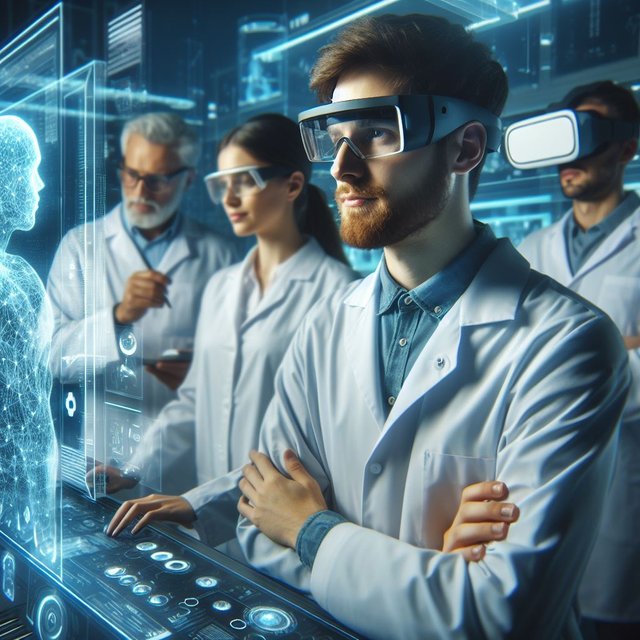The Future of GPT Analysis: Unveiling Transformative Potential and Navigating Emerging Challenges

Large language models (LLMs) like GPT are rapidly transforming the technological landscape. GPT analysis, the exploration of these models' capabilities and applications, offers a critical lens through which to assess their potential impact on diverse fields. This article delves into the future of GPT analysis, examining its transformative potential, the challenges it presents, and the expanding influence of the GPT ecosystem.
I. Unveiling Transformative Potential: Beyond the Buzz
The true impact of GPT models lies beyond their impressive capabilities in text generation and analysis. GPT analysis reveals a future where these models can augment human intelligence and fuel creative expression.
A. Collaborative Intelligence: GPT analysis underscores the potential for a future where AI and humans work synergistically. Imagine GPT models functioning as intelligent research partners, capable of processing vast datasets, identifying patterns, and generating creative solutions alongside human experts. This collaborative approach has the potential to revolutionize scientific discovery, business strategy development, and educational paradigms.
B. A Catalyst for Artistic Exploration: The potential of GPT extends beyond analytical tasks. GPT analysis suggests these models can become powerful tools for artistic exploration. They can inspire novel ideas, generate diverse creative text formats, and even collaborate with artists to produce groundbreaking forms of expression. This has the potential to reshape various creative fields, from music composition to literature.
II. Navigating the Evolving Landscape: Challenges and Considerations
While GPT analysis highlights the immense potential, it also underscores challenges that necessitate rigorous attention for responsible development.
A. Mitigating Algorithmic Bias: A significant challenge identified through GPT analysis is algorithmic bias. GPT models trained on vast datasets can inherit and perpetuate biases present in that data. Mitigating this bias requires meticulous data selection, the implementation of bias detection techniques, and ongoing human oversight. Only through addressing bias can we ensure that GPT's capabilities are utilized ethically and equitably.
B. Ensuring Responsible Development: While GPT models are becoming increasingly sophisticated, GPT analysis emphasizes the importance of the human element. Humans need to be involved in setting parameters, ensuring ethical use, and interpreting the outputs of these models. Responsible development necessitates collaboration between AI researchers, developers, and ethicists to ensure GPT's potential is harnessed for positive societal impact.
III. The Expanding Influence of the GPT Ecosystem
The future holds immense potential for the GPT ecosystem, with its influence expanding across diverse domains. GPT analysis can play a crucial role in shaping this future. By anticipating challenges and opportunities, we can ensure GPT technology is developed and utilized responsibly, ushering in a future where human and artificial intelligence work together for a more prosperous tomorrow.